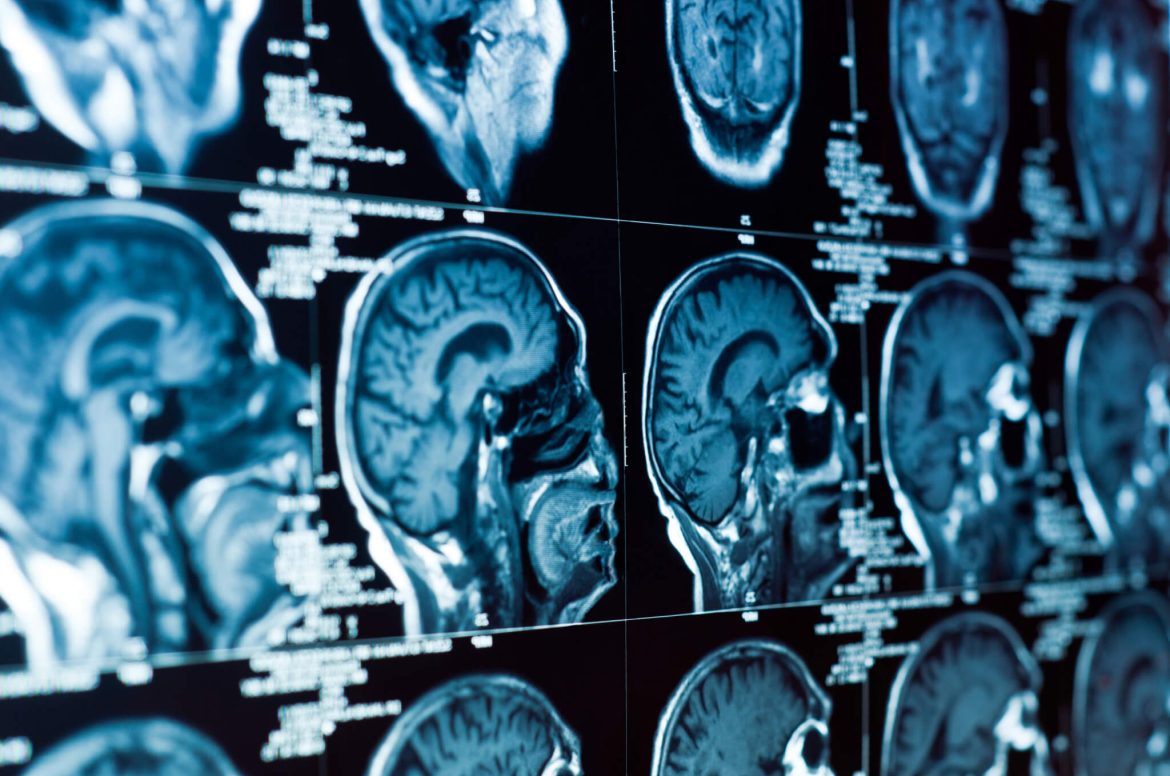Accidents happen and you may need a brain injury lawyer. The brain is protected by a bony vault called the skull. Although the skull is protection for the brain, cerebrospinal fluid surrounds the brain and protects it from impact with the skull, most times. If a rapid force is applied to the skull or rapid deceleration of the head takes place, a brain injury will occur.
There are two types of brain injuries – Traumatic Brain Injury (TBI) and Acquired Brain Injury (ABI).
Acquired Brain Injury (ABI)
An acquired brain injury is caused by external forces; therefore, it is not hereditary, nor congenital, degenerative, or because of birth trauma. An acquired brain injury is an injury to the brain that can only occur after birth. Confusion may arise about what an acquired brain injury is. If it was not clear before, acquired brain injury is any traumatic brain injury (e.g. from a motor vehicle accident or assault). Acquired brain injuries are typically non-traumatic. Examples of acquired brain injury include stroke, near drowning, hypoxic or anoxic brain injury, tumor, neurotoxins, electric shock or lightning strike.
Traumatic Brain Injury (TBI)
TBI is an alteration in brain function or any other evidence of change in brain pathology brought about by an external force. TBIs can become legal if they are caused by negligence or the grave intention to harm you by another person. For years traumatic brain injury (TBI) bore the title of “silent epidemic” because for years brain injuries went undiagnosed and untreated. Complaints of memory loss, personality change, and diminished mental abilities by victims of trauma were overlooked and said to be “litigation neurosis” or simply was ignored entirely. This led to persons with TBI being on a path to severe disability or death because doctors and lawyers overlooked the fact that a brain injury had taken place. The situation has taken a turn upwards in recent years.
Now when a lawyer decides to handle a TBI case they look for factors that will determine how the case pans out.
Documentation of Injury
Like any other medical case, a lawyer needs solid proof of the alleged TBI from various, whether it be a CT scan, MRI, or an EEG. More severe cases usually warrant a PET scan or SPECT scan. The results of these tests must show the part of the brain that has been damaged and now mentally impairs the victim(s).
Estimation of consciousness lost needs to be determined. A jury will more likely accept the defendant who spent days or weeks in a coma, as opposed to someone who was still up and about despite the injury. A Glasgow Coma Scale is also used to determine the long-term prognosis of the injury. The lower the result on the GCS scale, the higher the claim.
Other factors include – the cost of medical care, lay witnesses, past mental health treatment, damage to the vehicle, the plaintiff’s appearance, etc.
It is quite challenging to evaluate and settle a claim of TBI. TBI has unique effects that make it difficult for lawyers as claim personnel to compare cases and make a general assessment. Each presents a new challenge and requires a wide range of factors to reach a verdict. Sad to say, TBI claims will remain difficult to handle for years to come.


